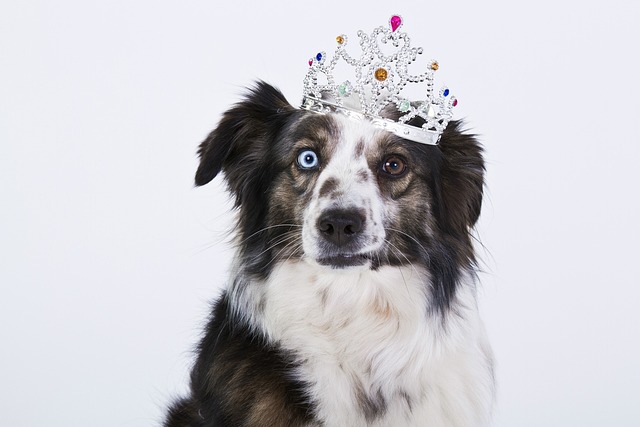Some dogs are born with a knack for fetching game, their genes humming with the instinct to track, retrieve, and deliver with a gentle grip. It’s not just about chasing—these breeds have a special blend of focus, stamina, and soft mouths, designed by centuries of working alongside hunters. With the right training, they turn that raw talent into a skill that feels less like work and more like a shared adventure.
Labrador Retrievers are naturals here. Their “soft mouth” is a gift—they can carry a downed bird without piercing it, a trait honed for generations. They thrive in water too, leaping into lakes to fetch ducks without hesitation. What makes them shine is their eagerness to please; tell them “fetch,” and their tail wags like they’ve been waiting all day for the command. Just remember, in areas where hunting is allowed, always check local regulations—many require licenses for both you and your dog, and respecting seasons protects wildlife populations.
English Springer Spaniels excel in dense cover. Those floppy ears and sturdy legs were made for pushing through brush, flushing game into the open, then retrieving it with surprising delicacy. They’re alert but not hyper, staying focused even when a squirrel darts by—a trait that keeps them safe in tricky terrain. When training, start with short sessions in fenced areas; their curiosity can lead them astray, and keeping them within bounds (as required in many rural spaces) builds trust.
 German Shorthaired Pointers bring versatility. They point, flush, and retrieve with equal skill, adapting to everything from pheasants to rabbits. Their athleticism means they keep up on long hunts, but they need mental stimulation too—training sessions that mix obedience with retrieval keep them engaged. In public lands, keeping them leashed until you’re in designated hunting zones isn’t just polite; it’s often the law, ensuring they don’t disturb other hikers or wildlife.
German Shorthaired Pointers bring versatility. They point, flush, and retrieve with equal skill, adapting to everything from pheasants to rabbits. Their athleticism means they keep up on long hunts, but they need mental stimulation too—training sessions that mix obedience with retrieval keep them engaged. In public lands, keeping them leashed until you’re in designated hunting zones isn’t just polite; it’s often the law, ensuring they don’t disturb other hikers or wildlife.
Irish Setters add flair to the job. With their striking red coats and boundless energy, they’re built for covering ground, pointing game with a noble stance before trotting back, prize in mouth. They respond best to positive reinforcement—praise as warm as their personalities, paired with treats that fuel their drive. Even in private fields, it’s wise to carry identification; tags or microchips (required by law in many places) mean they find their way back if they chase a scent too far.
Training these dogs is about nurturing their instincts, not forcing them. Start young with fetch games using soft toys, gradually introducing dummy game to mimic the real thing. Keep sessions short—15 minutes tops—so they end eager for more. Always prioritize safety: a well-fitted harness protects their joints during runs, and checking weather conditions avoids overheating on hot days.
At the core, it’s about partnership. When your dog trots back, head high, with that “look what I found” glint in their eye, it’s more than a retrieve—it’s a bond forged in trust. They rely on your guidance, you rely on their skill, and together, you move through the world with a rhythm that feels as old as time. That’s the magic of these dogs: they don’t just fetch game—they fetch joy, one careful step at a time.

 German Shorthaired Pointers bring versatility. They point, flush, and retrieve with equal skill, adapting to everything from pheasants to rabbits. Their athleticism means they keep up on long hunts, but they need mental stimulation too—training sessions that mix obedience with retrieval keep them engaged. In public lands, keeping them leashed until you’re in designated hunting zones isn’t just polite; it’s often the law, ensuring they don’t disturb other hikers or wildlife.
German Shorthaired Pointers bring versatility. They point, flush, and retrieve with equal skill, adapting to everything from pheasants to rabbits. Their athleticism means they keep up on long hunts, but they need mental stimulation too—training sessions that mix obedience with retrieval keep them engaged. In public lands, keeping them leashed until you’re in designated hunting zones isn’t just polite; it’s often the law, ensuring they don’t disturb other hikers or wildlife.



